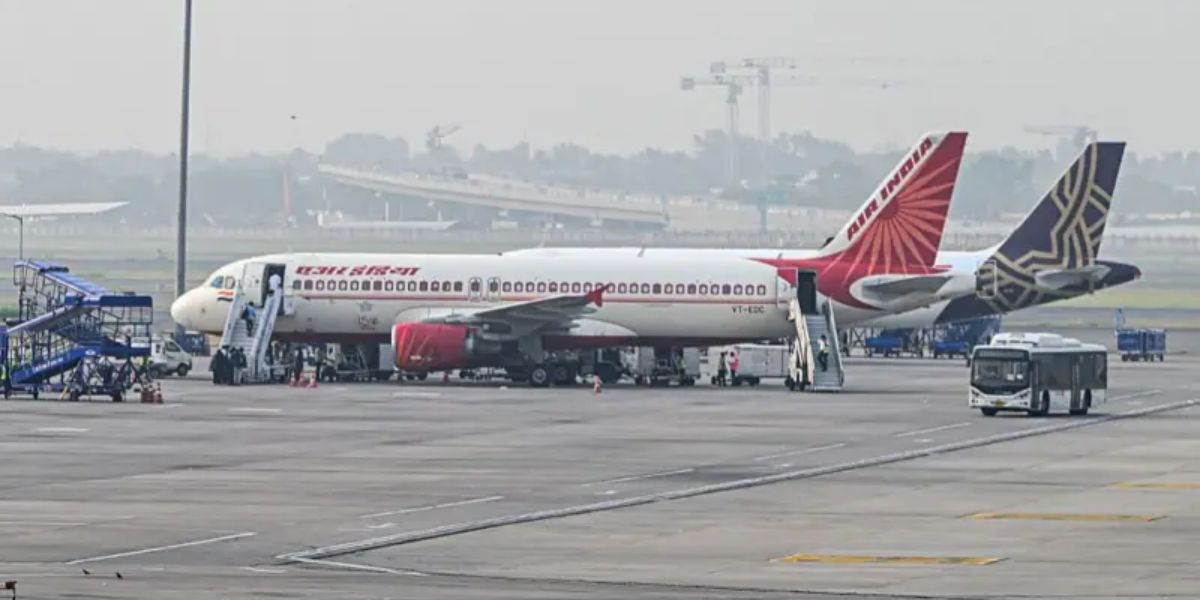

DELHI: Flight operations at Delhi’s Indira Gandhi International Airport (IGIA) were thrown into chaos on Friday morning after a major technical failure disrupted the Air Traffic Control (ATC) system, delaying more than 100 flights and leaving hundreds of passengers stranded.
The malfunction was traced to a failure in the Automatic Message Switching System (AMSS) — the communication network that powers the Auto Track System (ATS) for generating flight plans. The outage severely affected air traffic coordination across northern India.
The disruption began late Thursday, forcing controllers at India’s busiest airport to manually prepare flight plans, a process described by officials as “slow and cumbersome.
According to a senior airport source, “The issue lies with the AMSS that supplies information for the Auto Track System. Controllers are preparing flight plans manually, which is taking significant time.”
Handling over 1,500 flight movements daily, IGIA experienced widespread delays through the morning. By 9 a.m., data from flight-tracking site Flightradar24 showed average departure delays of 45 to 50 minutes.
The ripple effects extended to northern airports including Lucknow, Jaipur, Chandigarh, and Amritsar, where operations also slowed down.
A spokesperson for Delhi International Airport Ltd (DIAL) confirmed that the problem stemmed from a technical issue in the ATC system, saying, “Teams are working closely with the Airports Authority of India (AAI) to restore normalcy at the earliest.”
Airlines including IndiGo, SpiceJet, and Air India issued passenger advisories. IndiGo posted on X that its flights were delayed due to an ATC issue, adding that its ground staff were assisting stranded passengers.
SpiceJet warned that departures and arrivals “might get affected” because of ATC congestion, while Air India apologized for the “inconvenience caused by this unforeseen disruption, which is beyond our control.”
At terminals, passengers faced long queues, extended waiting times inside aircraft, and frequent rescheduling announcements. Many expressed frustration on social media, citing the lack of timely updates from airlines.
By noon, AAI officials reported partial restoration of the system. “ATC operations are stable but slower than usual. Restoration work is in progress,” a senior official said, noting that clearing the backlog would take several hours.
The temporary failure of the AMSS highlighted the vulnerability of modern aviation systems to technical breakdowns.